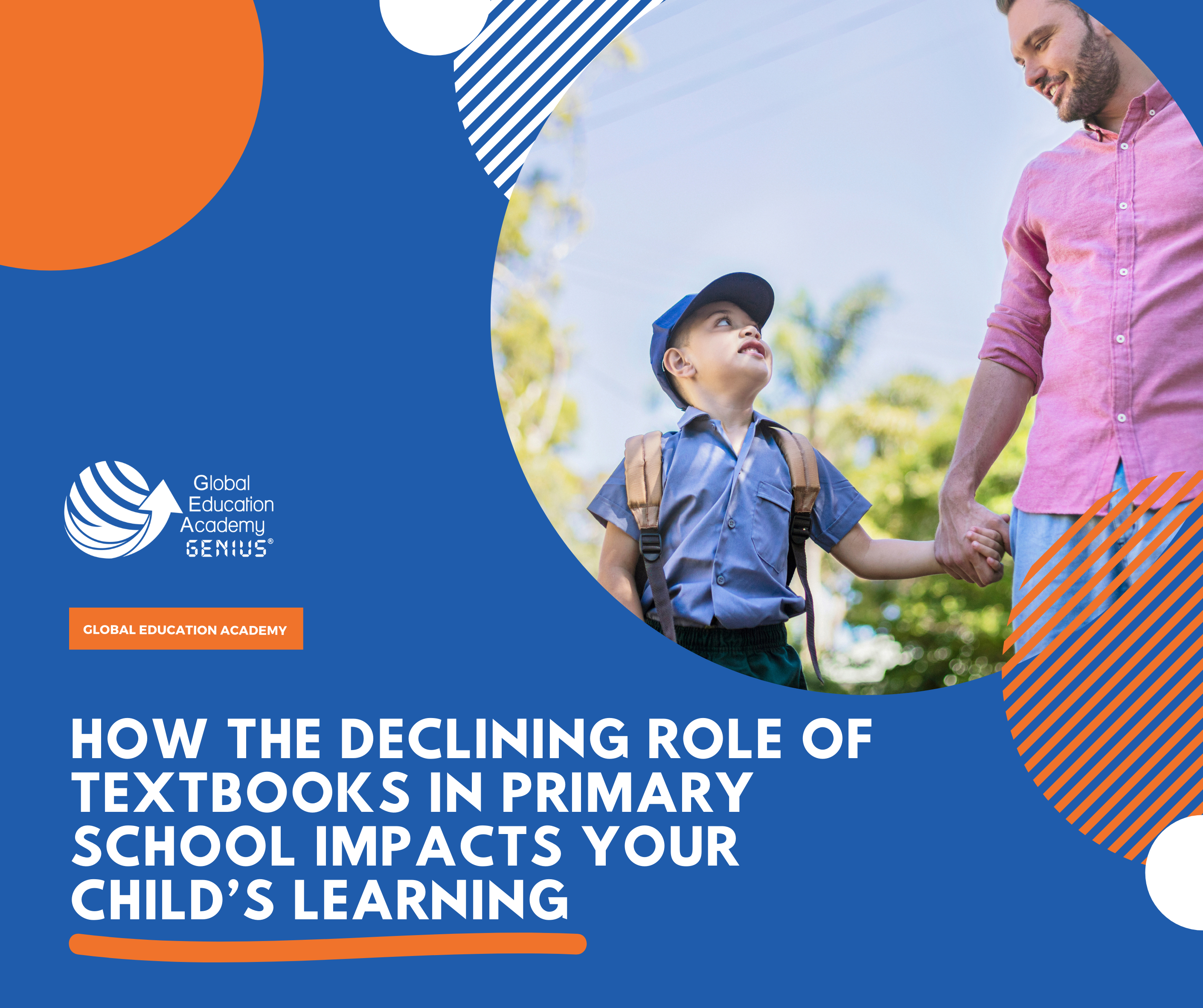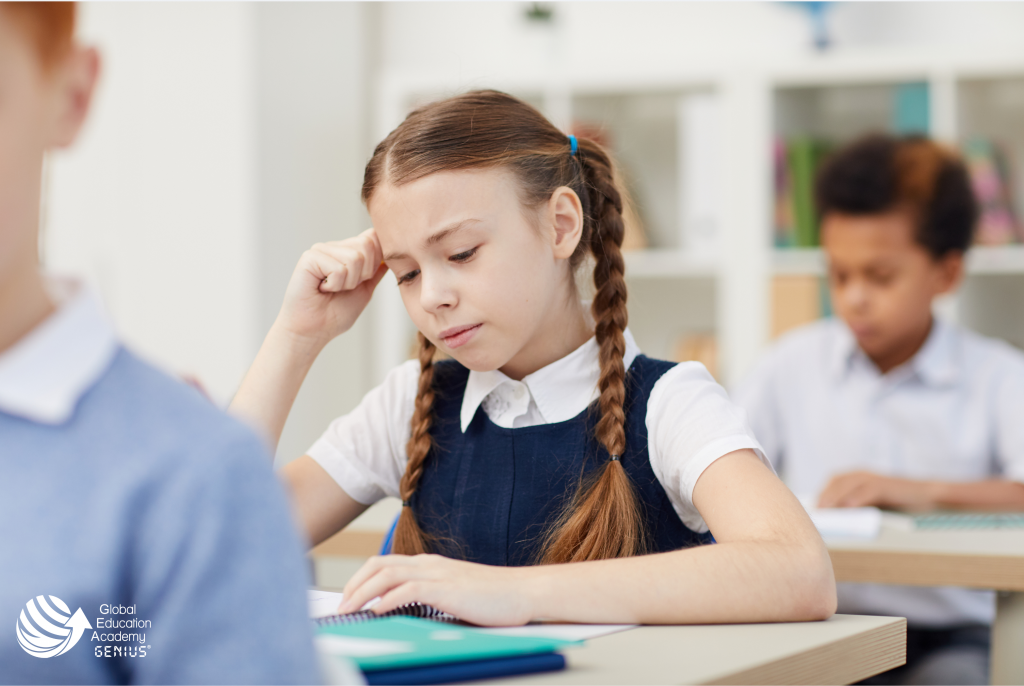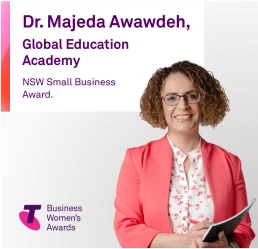
What is a memory from primary school you will always remember?
Maybe it’s exchanging lunches with your best friend in the school yard. Or, the freedom you had to exercise your creative expression during art classes.
Perhaps it was even the walk to school each morning, persisting forward under the heavy weight of your textbooks nestled in your backpack. Though the very presence of your textbooks would slow down your pace, you drew comfort knowing they were with you. They were your “security blanket” for school. Why? Because you knew that inside them held a wealth of information from which you would expand your knowledge.
Do you think your child has the same relationship with their school textbooks today? Probably not. It’s not their fault. Over recent decades, there has been a gradual shift away from using textbooks as a valuable resource and foundation for learning in primary schools. We have seen this not only in Australia but in many developed nations across the world.
Today, students are learning in a digital age. They have access to a wide range of sources via a simple click, aided by technology. As school systems embrace technology and adopt a digital-first approach to learning, students are provided with diverse resources for information.
However, with this shift has also come a decrease in the value given to traditional textbooks. In some cases, schools are using electronic textbooks, enabling students to engage in interactive learning. In other cases, schools are reducing the number of required textbooks.
Research shows that student understanding improves when information is read in paper format rather than digital format[1]. Supporting this research, one Sydney school decided to move in a different direction and return to paper textbooks. After years of using electronic textbooks, Reddam House announced that primary school students would use hard copy textbooks instead[2]. This came after the students themselves shared feedback that they preferred pages to screens!

Several Victorian schools have chosen to ditch textbooks entirely for certain subjects like mathematics. This is in response to declines in students’ skills in mathematics, as revealed by NAPLAN results over the years. Some educators believe that textbooks restrict students’ learning rather than encouraging students to own their learning process.
This is becoming a more popular trend, as textbooks are being replaced with worksheets and exam-based books. However, primary schools in many high performing countries, such as Singapore and Finland, continue to use textbooks as a key resource in primary classrooms.
How have textbooks improved the educational outcomes in these countries?
The replacement of textbooks with worksheets, lesson plans and digital resources in primary classrooms has had varying impacts on student learning. Though this approach is to encourage student directed learning, the case is stronger for high school compared to primary school.
For primary schools, the decreased use of textbooks has added to teacher workload, created inconsistencies in teaching methods and as a result, impacted educational standards.
A study by Charles University in Prague[3] on the role of textbooks in primary education, revealed that textbooks moderately influence teaching content and methods. The teacher’s personal beliefs had the greatest influence on what is taught and how.
Without structured learning programs and supporting textbooks, each teacher is given the freedom to teach what they like in their own preferred teaching style. Depending on the child’s learning style, this may mean that some classes or students benefit while others fall behind. Though teachers should not completely rely on textbooks to teach, they do provide a foundation for consistency across classes.
As a parent, you also want to be aware of what your child is learning now and in the near future, to give them the right support. How can you support your child’s learning? Talk to their teacher about the textbooks they’re using in class and how they’re used to achieve learning outcomes. Though you may not be able to influence the use of textbooks, staying informed is the best way to help your child in their learning journey.
[2] As above.
[3] https://www.researchgate.net/publication/333754687_The_Role_of_Textbooks_in_Primary_Education







